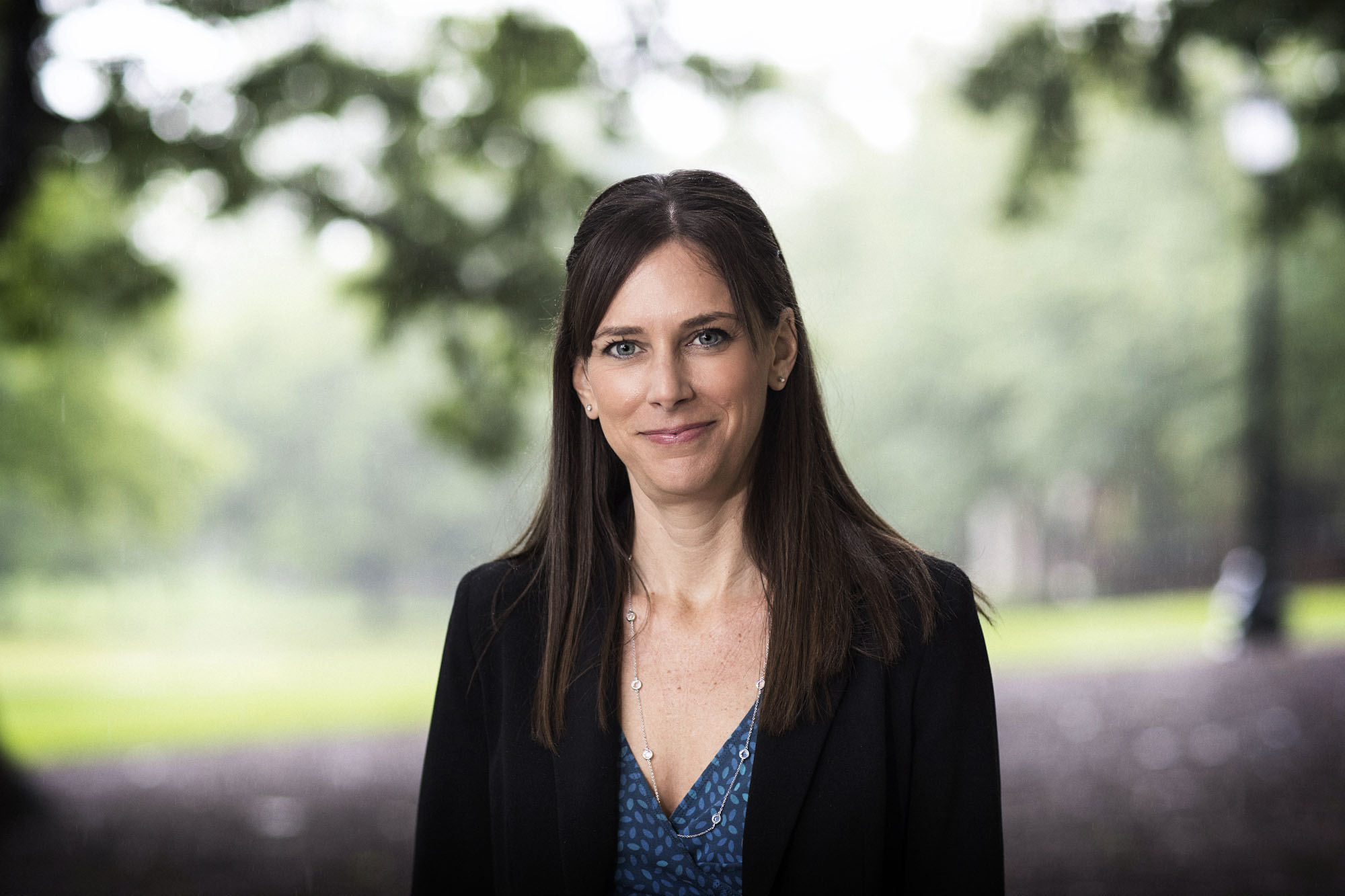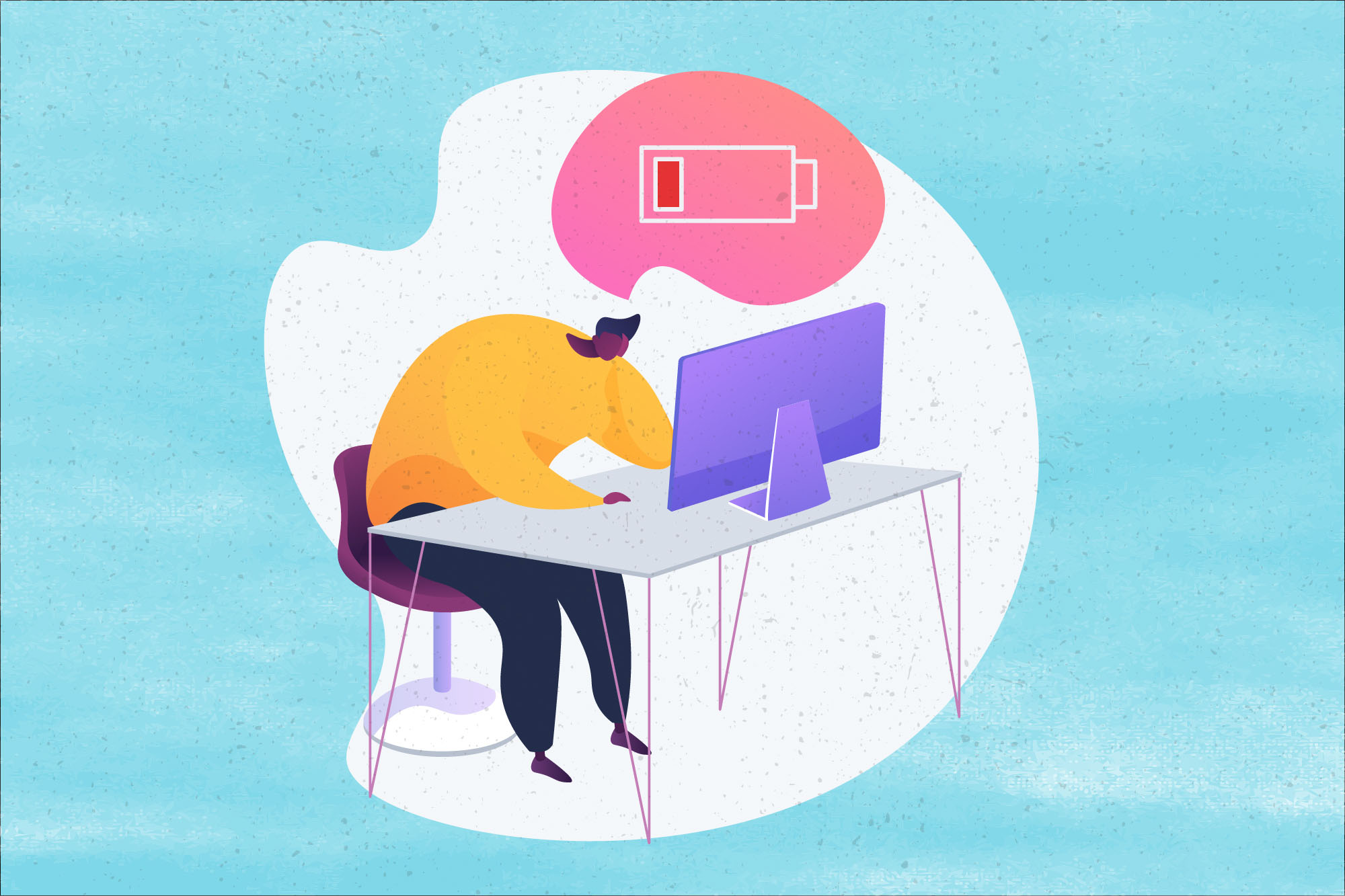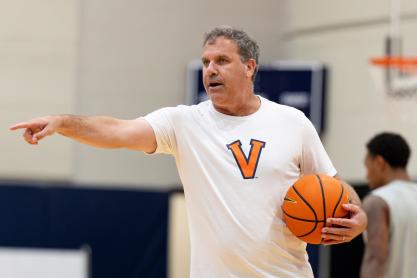The United States has fully vaccinated more than 32 million people, or about 10% of the population, just one year after the country shut down because of COVID-19, and President Joe Biden says there will be enough vaccine for the entire adult U.S. population by the end of May.
Couple that with longer days, enticing sunshine and warm temperatures, and it’s not hard to understand that after a full year, Americans are good and tired of the pandemic and the restrictions that have come along with it.
But the director of the University of Virginia’s Counseling and Psychological Services, Nicole Ruzek, says now is not the time to let your guard down, even though wanting to toss the masks and the social distancing is understandable.
“We’ve been doing this for so long that most of us are at the point that we want to go back to living our normal lives and having our usual experiences,” she said. “When we see infection numbers dropping and the temperature rising, there’s a natural impulse to want to go out and do all the things that we would normally do this time of year.”
Ruzek said she’s watched closely as the coronavirus has surged and dipped again. “It seems like we let our guard down for a little while, and then we see another surge happen,” she said. This is why it’s important to remain cautious, even though it may be “getting harder and harder to do, given the length of time we’ve been in this situation.”
Ruzek, a clinical psychologist at the Student Health and Wellness Center, talked with UVA Today about the pandemic, recognizing and understanding signs you may be suffering from pandemic fatigue, and ways to stay the course these next months, when the United States will have vaccinations for every adult in the country.
Q. What are some of the signs of pandemic fatigue? What should people be looking out for?
A. One thing that I’ve read about and have observed is an increase in irritability; people having a lot less patience, both with themselves and with each other. That feels like a big one. Also, just the lack of motivation is one in which people just have a hard time getting tasks done or getting motivated to start new tasks.
And then on the other side of that are some people who try to distract themselves from the stress by really focusing on work. So, they do a bunch of work and then at the end of it, don’t feel particularly fulfilled. It feels good for a moment, but it’s still lacking that sense of connection or fun that they might normally have through other experiences.

Nicole Ruzek is a clinical psychologist and director of Counseling and Psychological Services at UVA’s Student Health and Wellness Center. (Photo by Dan Addison, University Communications)
Q. You say that the emerging adult brain is hard-wired to look for new experiences, which makes it harder for students at UVA and everywhere else to fight the impulse to flout the safety guidelines around COVID-19. How can they deal with this?
A. Especially with this nice weather, there’s just going to be even more of that desire to want to try out new things, and especially if this is their first year at UVA, students wanting to explore more and kind of get a feel for not only the place, but the people, too.
Another unique feature of the young adult brain is that it’s incredibly creative and I think we see that in our students all the time. And so, my hope is that they can get creative in safe ways. One of the things about the weather warming up, which is wonderful, is we can do more outside activities, which are a much a safer way to engage than indoors, so continuing to do things outside in small groups with masks on, so people can be fairly safe.
My hope – and I have faith in our students – is that they are thinking creatively so that they can follow some of those natural instincts, they do it in a way that is safe and that really takes into account the broader community.
I was amazed when, in the beginning of all of this, there was doubt that students would follow through with all the safety measures. And then, you know, we saw last semester that they were extremely successful in doing those things when they needed to. I still hold out hope that that’s possible.
Q. What should people understand about how spring affects them, so they can hone their activities to remain compliant with the safely guidelines offered by the Centers for Disease Control and Prevention?
A. What I’ve been hearing from a number of students and colleagues over the last week is that having the sun come out just increases energy and people’s moods actually improve, so there’s more motivation to go out and either socialize or go places where they normally would want to hang out that are different from their normal surroundings – for students, it’s being in their dorm room or their apartment or wherever they’re living – kind of wanting to get out and explore things. I think that’s the natural impulse when the weather starts to warm up and things start to feel a little brighter, just wanting to go out and engage with the world more.
Q. Since last March, people have had to figure out an entirely new way to live. They’ve created a new way of life, with distancing, masks, hand washing, hand sanitizer and staying home. What kind of a mental toll does it take to make those kinds of fundamental shifts?
A. Human beings are so interesting because they’re both creatures of habit, but then they resist change often. What I’ve observed in people during this whole experience is that they did shift when they needed to adapt. I mean, humans are also very adaptable. So, they were able to shift into these new behaviors and adopt them as habits.










